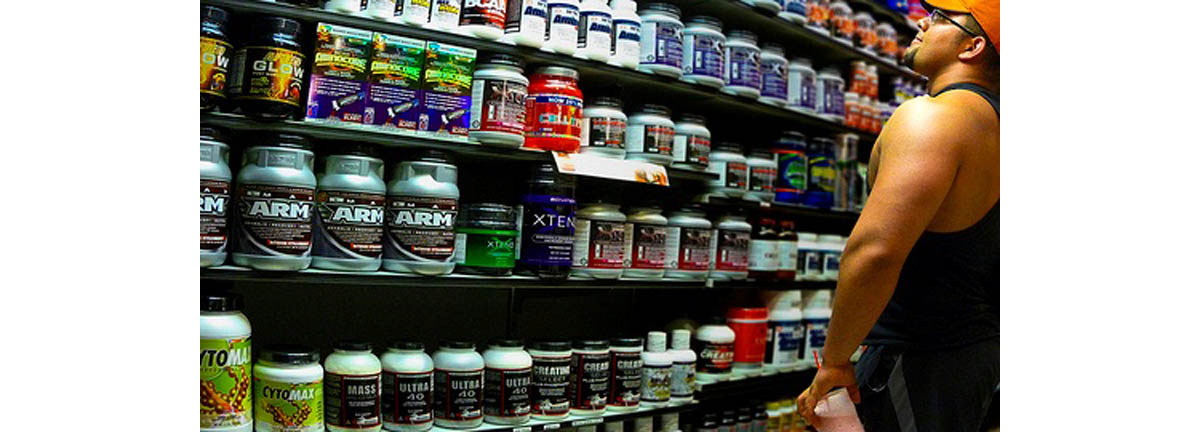Table of Contents
Protein Powder
We’ll kick things off sticking with protein powder. As mentioned, there’s hardly any difference between "male" and "female" protein powders, so your best bet is to stick with a basic whey, casein, egg or vegetarian protein powder designed for literally everyone. Look for one that is at least 80 percent protein with minimal fat and carbohydrate added.

The gender specific difference will be dosage. Typically those looking to build muscle and burn fat need around two grams of protein per kilogram of body-weight each day. As women tend to be lighter than men that means they’ll need less.
Pro-Hormones
Pro-hormones can be a slightly tricky subject. While they’re not full-blown steroids, they are as close as you can get legally. They alter the levels of your hormones – particularly the sex hormones testosterone and estrogen.
These gender specific hormones both play an important role in body composition as testosterone increases muscle mass and burns fat while excess estrogen is associated with increased fat storage. Men tend to have higher testosterone and lower estrogen levels and women vice versa.
Pro-hormones tend to be marketed at men as a little more testosterone and a little less estrogen is highly unlikely to have negative effects. However women, who are designed to have higher estrogen and lower testosterone levels may suffer negative effects from messing around with hormonal profiles. Either way if you’re thinking about pro-hormones it’s best to consult your healthcare provider beforehand, just to discover whether these supplements are actually safe for you.
Calcium
Calcium is rarely considered to be a dietary supplement as the mineral doesn’t directly boost performance, but it plays a massively important role in preventing osteoporosis and arthritis and helps when you’re on a high protein diet. This is because increased protein consumption can lead to calcium loss over time, and thus pose a danger to your bone health. Calcium is far more important for women, who are more prone to osteoporosis, but for men it can be harmful in large amounts as it has been associated with a higher risk of prostate cancer.
Iron
Iron is the opposite of calcium. Most of the iron in your body is contained in your blood. Women need to consume more iron than men due to their menstrual cycle, meaning they lose excess blood each month. Most males will be fine consuming a diet high in iron with foods such as red meat, organ meat like liver and kidneys as well as plenty of dark green leafy vegetables and a multivitamin to be on the safe side. Women however should supplement with extra iron.
As for any other supplement – creatine, zinc, magnesium, vitamin C, vitamin D, carbohydrate drinks, glutamine, amino acids, caffeine, you name it, the difference in dosage should be based on goals and body-weight, not on gender.
For 95 percent of the time, men and women should eat the same healthy and balanced and stick to the same safe nutritional supplements.
- “Good Nutrition: Should Guidelines Differ for Men and Women?”, By The Harvard Medical School, Accessed on October 7th, 2012, Retrieved from http://www.health.harvard.edu/fhg/updates/update0906b.shtml
- Photo courtesy of iateapie on Flickr: www.flickr.com/photos/iateapie/6182008886
- Photo courtesy of kimberlygauthier on Flickr:http://www.flickr.com/photos/kimberlygauthier/6457530617

